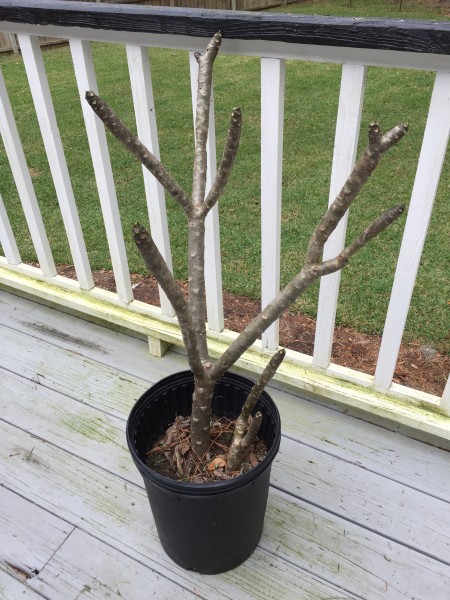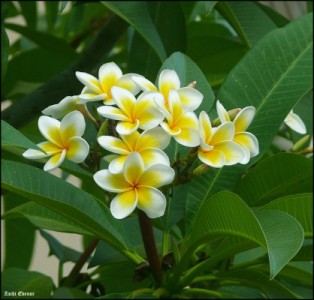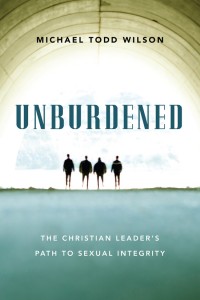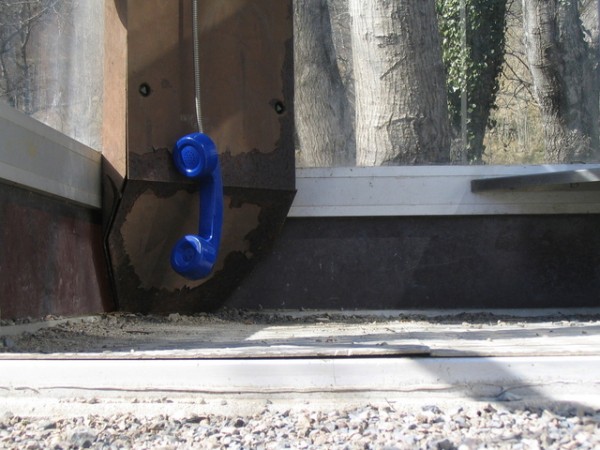
“Daddy, is it dead?”
Kids tend to be as transparent in their comments as they are in their matter-of-fact view of the world. Without the complex filters we adults have, they simply call things as they see them. This is most certainly true for our daughter.
“No, it’s actually just gone dormant for the winter. It will bloom again in the spring.”
“It looks like a stick. Eeewwwwww!”
I have to admit that a Plumeria plant does look like an ugly, gnarled stick in the wintertime. Dropping all of its petals and its leaves when the colder weather sets in, it’s not much to look at. That’s for sure. From a four-year-old’s perspective, she probably thought this plant was a goner.
At times, our lives feel just like that. Whether we’re suffering consequences from our own poor choices, dealing with unexpected life transitions or simply enduring a difficult trial, we sometimes wonder if there’s even life on the other side.
It’s important we never lose sight of the difference between death and dormancy. For the believer, death has been swallowed up in victory, both in this life and the life that’s to come (Revelation 1:17-18). That doesn’t mean we won’t go through intense suffering during our winters, where things feel very cold and bleak. The season may feel so dark, in fact, that we don’t even know how to pray (Romans 8:26).
But spring always follows winter. Even if our circumstances don’t get better or even become worse, the believer’s life is renewed from within and will not remain dormant forever (2 Corinthians 4:16-18). If we must grieve the loss of the life we once knew, God promises to work our “new normal” for our good and for His glory (Romans 8:28). Even in cases of tragedy and death, God gives us an ultimate renewal in the place of His presence, where winter is forever banished and life is eternally in bloom.
So hold on, dear Christian. Things may look and feel completely dead, but it’s not a terminal condition. In seasons of dormancy, we must stay faithful to Him, focus on one step at a time and simply do the next right thing. Risk trusting in your heavenly Father, who not only knows when this season will end but also what will take shape in the character of your internal landscape when springtime finally returns in its appointed time (Ecclesiastes 3:1-11).



